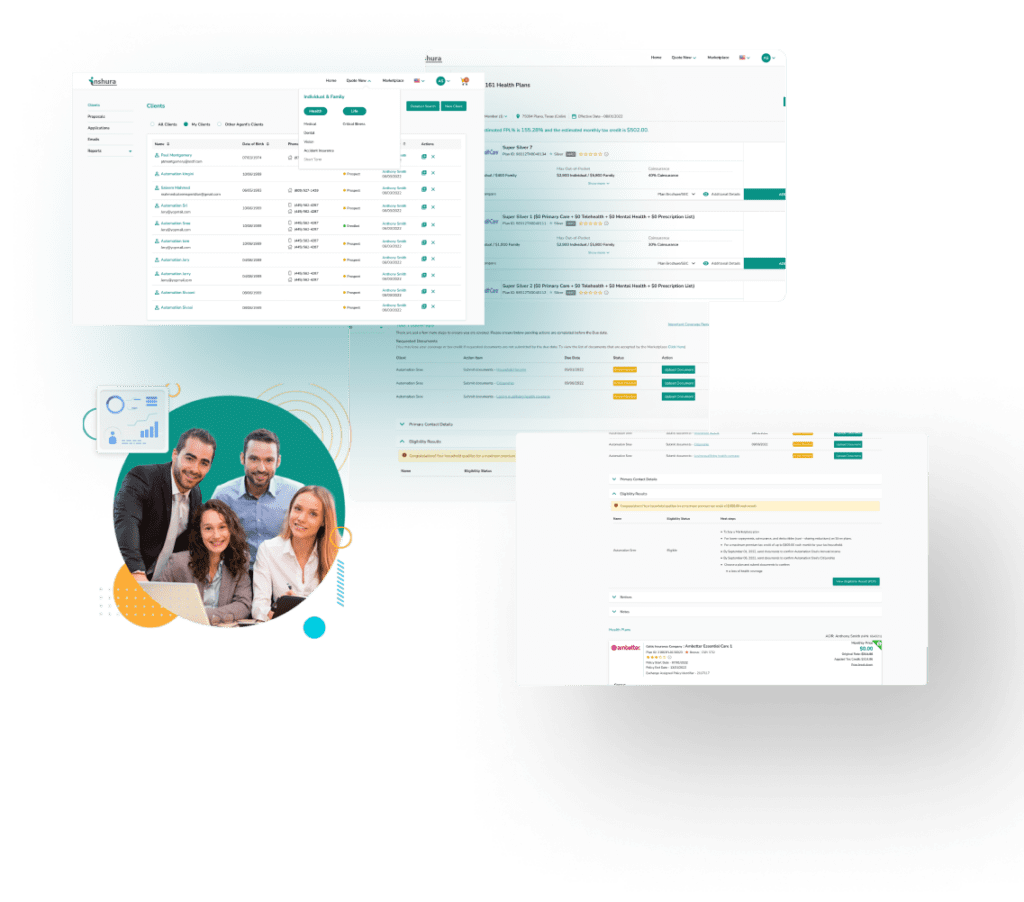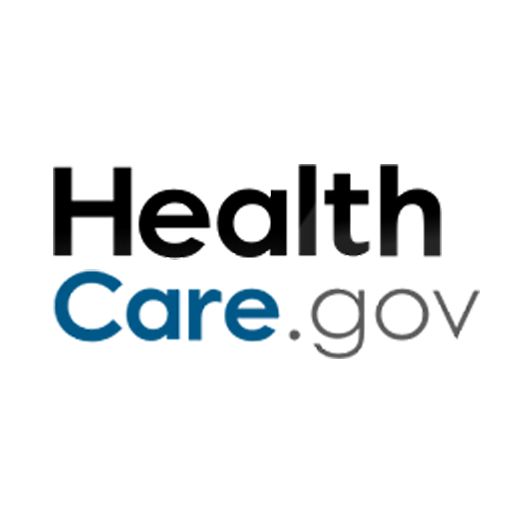As an insurance broker, you know that marketing is crucial for the success of your business. However, with limited resources and a highly competitive industry, finding cost-effective ways to market your services can be challenging. The good news is that there are plenty of strategies you can employ to reach your target audience without breaking the bank!
In this blog post, we’ll delve into some effective marketing strategies specifically tailored for insurance brokers. From choosing a niche to developing a sales plan, we’ve got you covered! So let’s get started on boosting your brand awareness and driving more leads for your insurance brokerage.
1. Choosing an Insurance Niche
Researching and choosing an insurance niche is the first step to creating a successful marketing strategy for insurance brokers. By narrowing your focus and specializing in specific types of insurance, you can establish yourself as an expert in a particular field and attract clients who require those services.
Identify Your Strengths
To start, consider your past experiences and expertise. Have you worked with a specific demographic or industry before? Do you have knowledge in unique areas of coverage such as cyber liability or pet insurance? Identifying these strengths will help guide your niche selection process. Some popular niches include life insurance, health insurance, auto insurance, business insurance, and home insurance.
Each require different levels of knowledge and expertise in order to effectively market the product. For example, a life insurance broker may need to focus on trust building through establishing relationships with potential customers in order to generate leads, while an auto insurance broker may need to focus on offering discounts or lower rates as a way of enticing customers. The Inshura platform makes it easy for insurance agents to compare, quote, and enroll clients in minutes, which builds customer trust and generates more leads.
Who is Your Competition?
Look into the competition in the area and what services they offer, so you can potentially differentiate your business from theirs. Research the market demand for various types of coverage and assess which niches are underserved by competitors. By selecting a profitable yet specialized niche, you differentiate yourself from competitors and build trust with customers looking for tailored solutions.
Remember that choosing a niche doesn’t mean limiting yourself entirely. You can still offer other forms of insurance outside of your specialty, but focusing on one area allows you to create more targeted messaging when marketing your business.
2. Understanding Your Target Audience
Understanding your target audience is crucial to any successful marketing campaign. Insurance brokers must know their target market’s demographics, needs, and preferences to create tailored messages that resonate with them.
Surveys and Focus Groups
Taking the time to conduct surveys or focus groups with current and prospective insurance clients can be an invaluable method of gaining insights. You’ll learn about their needs, preferences, opinions, and experiences. Surveys can be created to gather quantitative data, such as numerical ratings or percentages. Focus groups can help you gather qualitative data by providing detailed feedback and in-depth discussions about a particular topic or service.
By conducting surveys or focus groups, you can identify areas of improvement, assess customer satisfaction levels, uncover trends and patterns, and ultimately make more informed decisions. As a result, you’ll increase customer loyalty, enhance your reputation, and drive growth for your insurance business over the long term.
Keep Up with Marketing Trends
Keeping up with market trends and industry news to stay informed can provide valuable insights into client pain points, interests, and purchasing habits. The insurance industry is constantly evolving, with new technologies (Inshura.com), regulations, and emerging risks continuously shaping the landscape. By staying on top of these changes and understanding how they impact your clients’ needs and preferences, you can adapt your services accordingly and remain relevant in a quickly shifting market.
Industry news and market trends can help you identify emerging opportunities or gaps in the market. For instance, if there is a growing demand for certain types of insurance coverage or an increasing concern among customers about particular risks, you can use this information to offer targeted solutions, create specific marketing campaigns, or develop new product offerings.
3. Developing a Sales Plan
As an insurance broker, developing a well-crafted sales plan can help you achieve your business goals, provide clarity on your target market, increase revenue, and grow your client base. A successful sales plan should include:
- Defined Ideal Client Profile – including demographics, buying behaviors, and their specific insurance needs.
- Unique Selling Proposition – highlight what differentiates your insurance brokerage from competitors. Whether it’s offering personalized services, competitive pricing, or specialized expertise in a particular area of insurance, your USP should clearly communicate the value you provide to your clients.
- Clear Outline of Sales Strategies – this could include developing targeted marketing campaigns, building relationships through networking and referrals, or leveraging technology, such as Inshura, to streamline your sales and customer service processes.
By developing a comprehensive sales plan and regularly monitoring your progress, you can maximize your potential for success as an insurance broker. Implement these cost-effective marketing steps into your business model today and you’ll be on the path to success in no time!
About Inshura
Inshura is a FREE online ACA insurance tool, perfect for agents and agencies! Agents can boost their ACA and other enrollments using this easy-to-use solution for quoting, enrolling, automating renewals, and managing clients!
And inshura is CMS EDE PHASE III certified, so it automatically exchanges data directly from the Marketplace.






